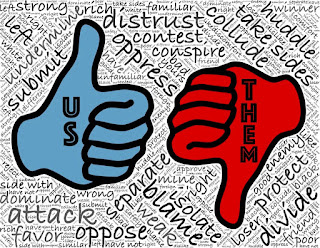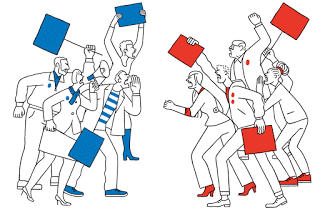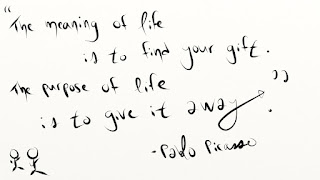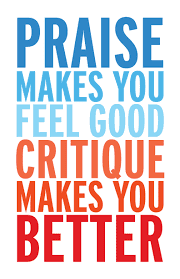The perils of ideology

Have you ever learned something that was so basic you were embarrassed to admit that you just learned it? I just had one of those experiences in my study of ideologies and I have to admit I feel sort of dumb admitting it. You see, I always thought that the word ideology came from 'idea' and that ideologies were just a belief system to make sense of a basic idea, a lens through which we can see and interpret the otherwise extremely complicated world. I thought that the name of the game was finding an ideology that best fit you and then working towards making it reality. Image from The Blog of the APA That is until I made a rather obvious observation that the route word for ideology is not 'idea' it's 'ideal'. This makes a big difference. Ideologies are systems to promote and achieve a certain ideal . It's saying, I know what heaven is and I am going to try and make everyone else go there. Still, might not sound that bad. But there are some inher





